Depression, scary, isn’t it? Think about the new mothers who face it soon after the birth of the baby. Along with the new and countless responsibilities with the arrival of the little one, there hits the evil called postpartum depression or PPD. Out of 10, at least 7-8 mothers become prey to this. Rather than feeling on the top of the world, you tend to feel helpless, low, unhappy, worry unnecessarily and the list is exhaustive. Sometimes it gets confusing to differentiate between the emotions due to the newly built stress of
parenthood and the emotions that are because you are going through postpartum depression. However, it is important for one to identify, accept and treat it.

The feeling of being lost
How can one identify it?
By welcoming the baby, you also invite a lot of unwanted but unavoidable stress, tiredness, and exhaustion. However, this shouldn’t be mistaken for postpartum depression. I believe, we all would have heard the terms
estrogen and
progesterone at least once in our lives. Soon after childbirth, these
hormones start to create a lot many changes in a woman’s body. Therefore, it leads to a lot of imbalance in one’s body causing the PPD(Postpartum Depression).
Following are most important symptoms of PPD:
- Unnecessary desire to cry all the time
- Loss of appetite
- Fatigue
- Restlessness
- Feeling helpless and hopeless
- Extreme Mood swings
- Worrying too much about the baby
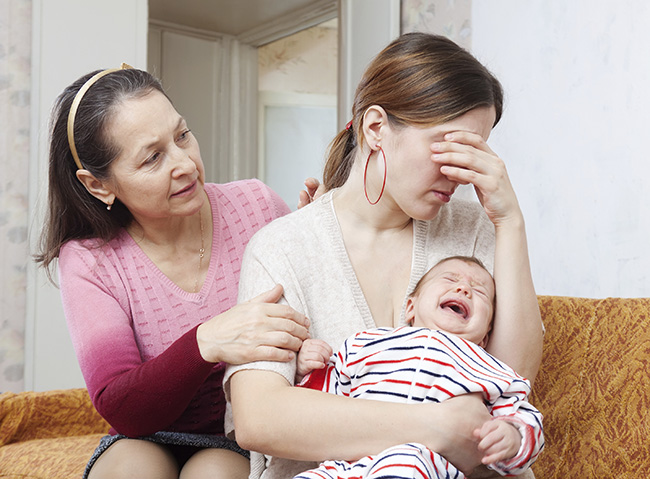
A new mother affected with PPD
How can one treat Postpartum Depression?
Like depression, Postpartum Depression can also be treated with the help of
counselling and or
anti-depressants.However, there is another way or treating it and that is
Meditation. Yes, you might think it is easier said than done. Yes, the anti-depressants might heal you quicker than
meditation. However, there is no ill effect from meditation whereas certain anti -depressants might cause a headache, nausea etc. during the initial phases.
Deep breathing is one of the easily accessible techniques that one can pick up from the list. It can help immensely as you would in a way be controlling your breath.This, in turn, would help you controlling your emotions too, to a great extent.
Another thing you can conveniently do is, to sit as straight as possible with your eyes closed. You can do this for at least 5-10 minutes. At this time all you need to think and believe is that everything is good in your and your baby’s life. There is a huge possibility of your mind wandering during this process. You need to keep calm and just be affirmative of the fact that all is well and the best shall happen. After you are done with this process, look at your baby and I am sure you cannot feel hopeless or helpless anymore. However, it is imperative for you to not give up and continue with these positive practices for at least three weeks without any deviation.
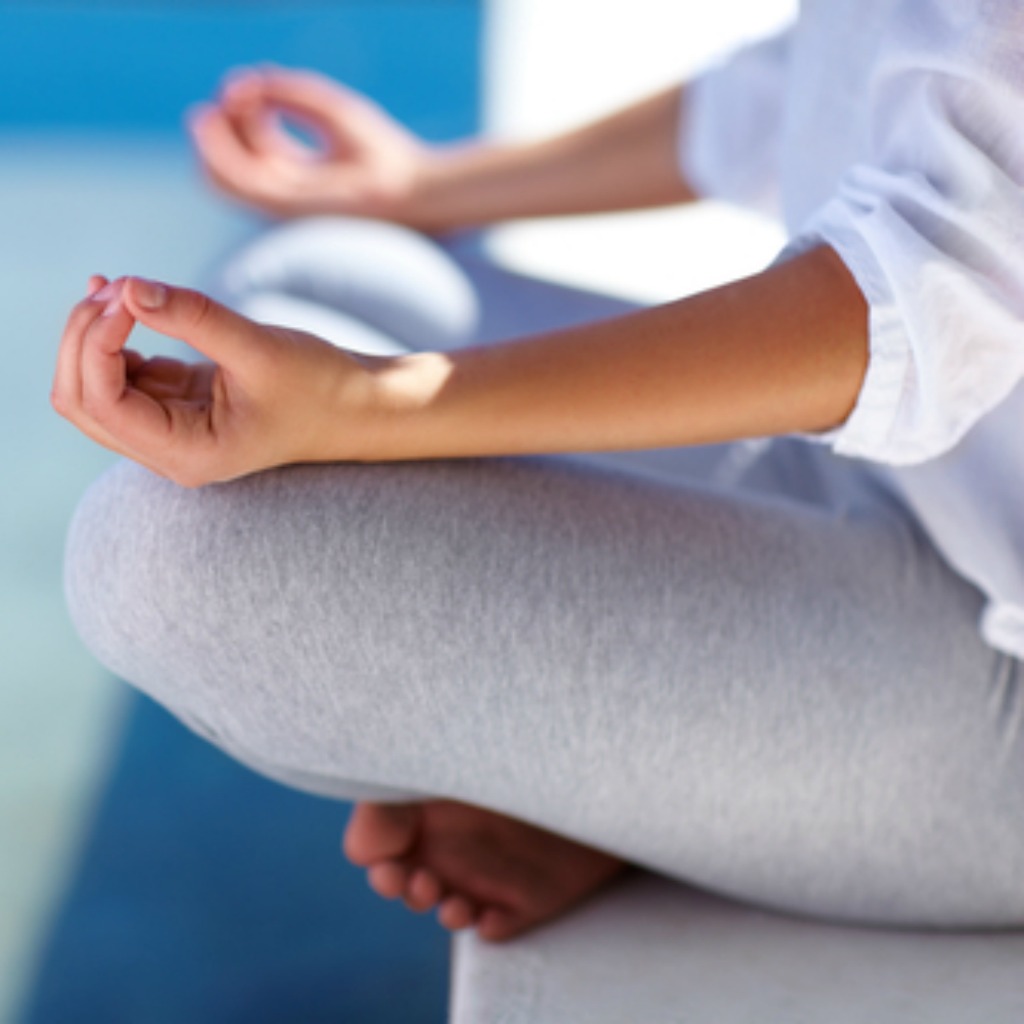
Postnatal Meditation
How can one help?
We all are happy because of the little bundle of joy. But we tend to forget that the
new mother needs extra care and affection too. There are few things that you can do which might help her fighting with PPD a lot better. Here’s the list:
- Making sure she eats every meal on time and has adequate amount of water
- Appreciating her time and again for the effort she is putting in
- Respecting her way of handling the baby rather than comparing it with your own or someone else’s
- Not forgetting to ask if she needs any help
- Avoiding giving unwanted advice all the time
- She is new, help her, lover her even more. Like the baby, she too needs a lot of warmth.
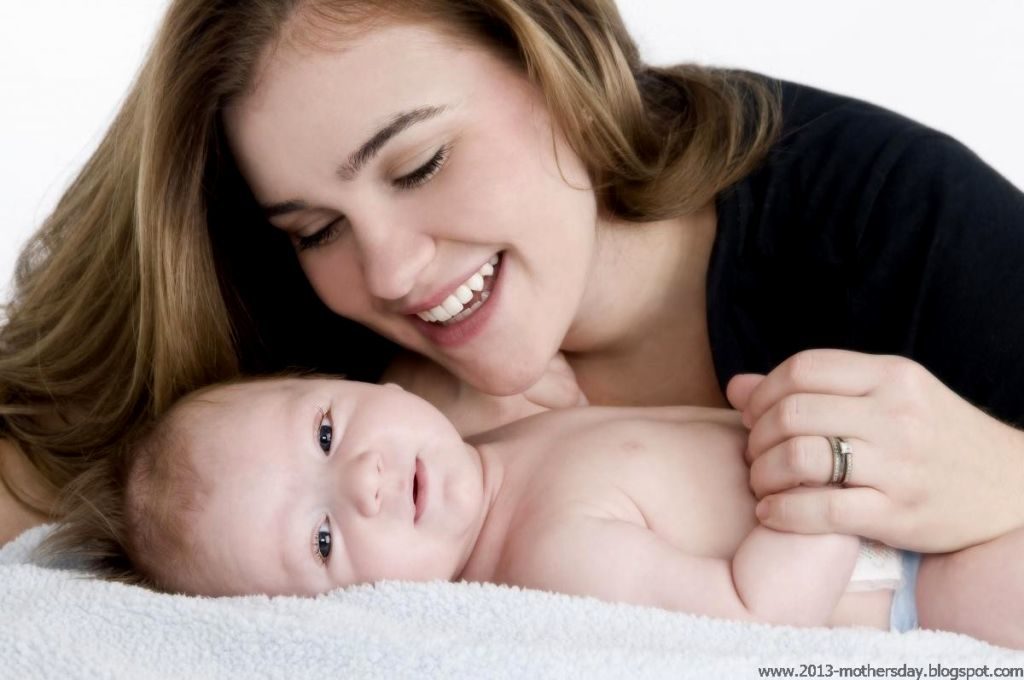
A Happy Mother
Let us help her enjoy Motherhood more than she had imagined.
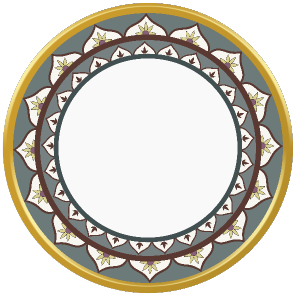
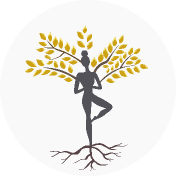


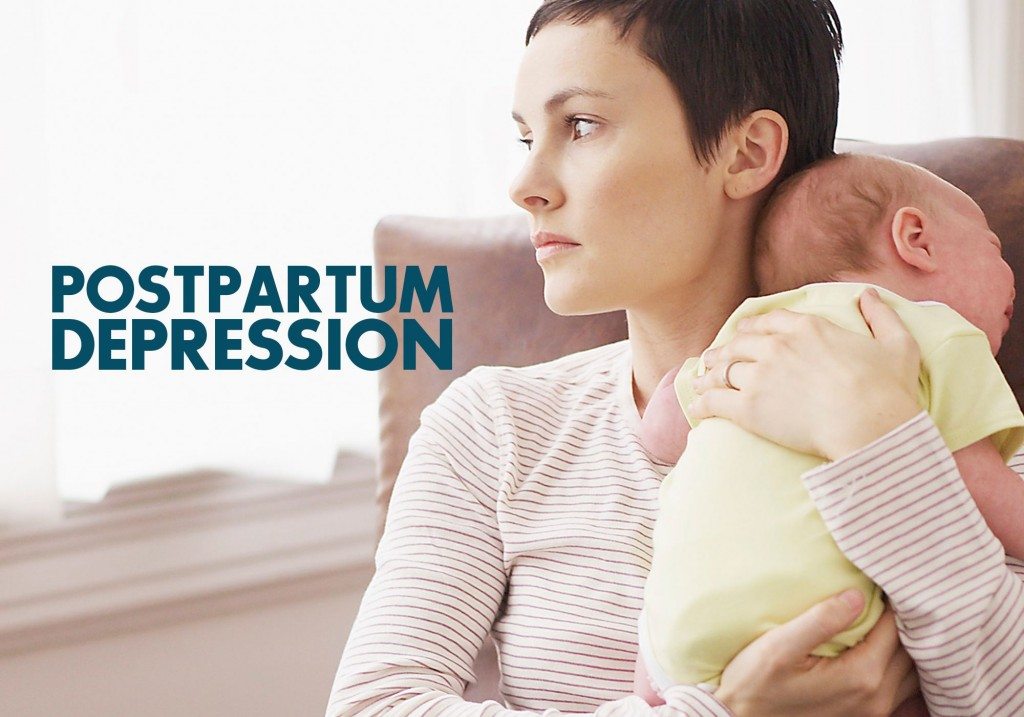
 The feeling of being lost
The feeling of being lost
 A new mother affected with PPD
A new mother affected with PPD
 Postnatal Meditation
Postnatal Meditation
 A Happy Mother
Let us help her enjoy Motherhood more than she had imagined.
A Happy Mother
Let us help her enjoy Motherhood more than she had imagined.